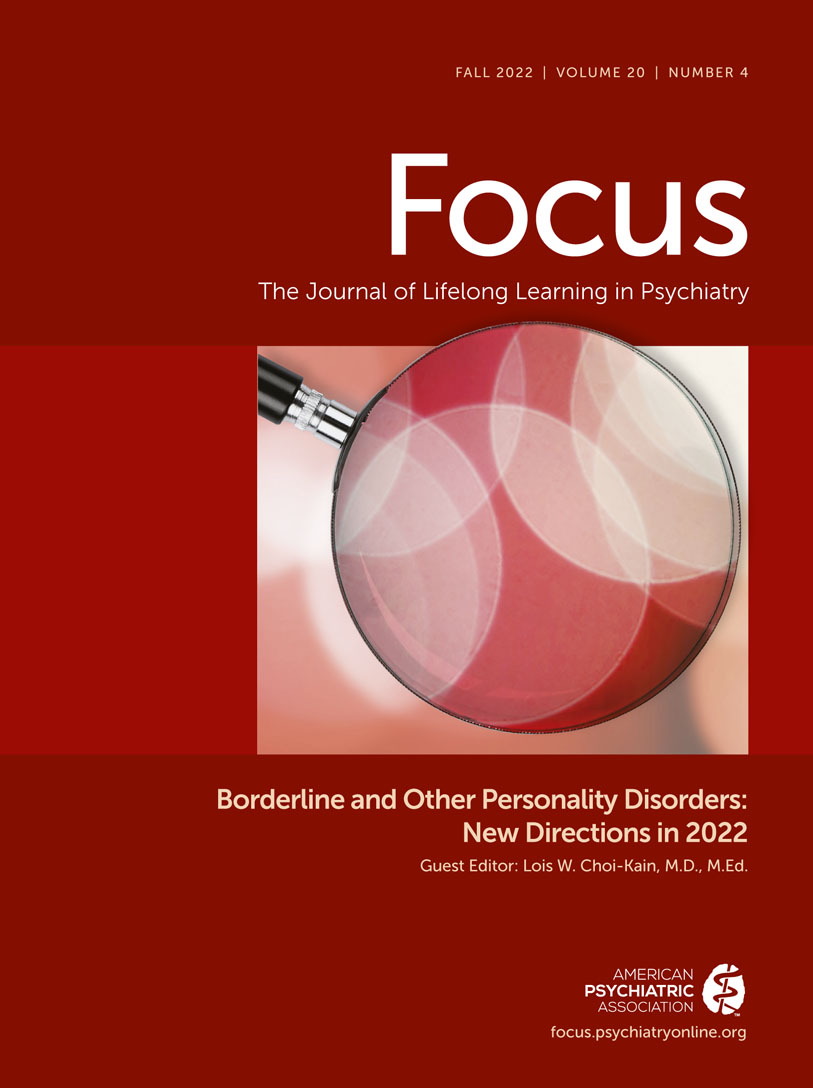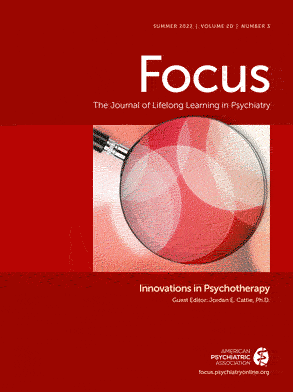A doctor performs 160,000–300,000 interviews during their professional career, making interviewing the most commonly performed procedure in clinical medicine. These interactions provide doctors with the opportunity to build interpersonal therapeutic relationships with patients. Indeed, patients regard their doctors as important sources of psychological support (
1). Empirical evidence supports the significant association between interpersonal and communication skills of doctors and health outcomes, quality of health care received, patient adherence to treatment plans, and patient well-being (
2). Meanwhile, doctors tend to overestimate their communication abilities. Studies of doctor-patient communication have demonstrated patient discontent, even when doctors considered the communication adequate or excellent (
3).
Listening is one of the most important attributes for future doctors, as ranked by a group of patients (
4). Mindful listening is critical to being present, understanding the story behind an individual’s illness, and allowing such stories to be told without judgment. This skill, by itself, can separate an effective physician from an ineffective one. In one study (
5), primary care physicians who had recently completed a 52-hour mindfulness communication program reported that it improved their ability to listen attentively, allowing them to hear patient concerns more accurately, respond better to patients, and more effectively provide patient care. Moreover, the physicians reported that developing greater self-awareness was a transformative personal experience. Other studies (
6) have shown that empathetic listening skills improve clinical outcomes by reducing patient anxiety and increasing mutual trust, which may result in better patient care and satisfaction and fewer malpractice claims. In psychiatry specifically, clinical care is woven with emotion, as psychiatrists explore patients’ sorrow, anxiety, loss, anger, and joy daily (
7). Listening empathically during a consultation improves patients’ coping and their psychological health.
Mentalizing refers to the ability of a person to understand behaviors—their own and others (
8). Mentalizing is a basic human capacity essential for social interaction (
9). Put differently, mentalizing is the integration of our capacity for mindfulness and empathy. Mentalizing is increasingly referenced in psychiatric and psychoanalytic thinking as a critical skill for effective psychiatrists (
8). Mentalization-based therapy (MBT) (
8), in which the focus of therapy is on mentalizing (
10), has been embraced by clinicians and therapists as a promising evidence-based treatment for patients with borderline personality disorder and other psychiatric conditions (
11). Randomized controlled trials of MBT (
12) have reported encouraging results in changing self-harm behavior and improving emotional regulation among adolescents; reducing impulsivity, suicide ideation, and depression among patients with borderline personality disorder (
10); and improving psychotic episodes (
8). An 8-year follow-up study (
13) showed that the value of MBT was long lasting and improved the social functioning and interpersonal skills of the intervention group, compared with the structured clinical management group, for patients with borderline personality disorder. Current systematic review studies (
14) have detailed similar promising results in hospital settings and inpatient and outpatient clinics; however, further validation studies are needed.
Uniting qualities of mentalizing and mindful listening could be critical to how clinicians with diverse backgrounds offer patients the opportunity to share their stories. The contextual richness of patients’ narratives could improve patient outcomes, thus the adoption of mentalizing and mindful listening in therapeutic decision making would be a value-added approach to patient-centered care.
Psychiatrists in Training
The current generation of psychiatrists in training is emerging in a fast-moving, high-technology environment. Core competencies of the Accreditation Council for Graduate Medical Education (ACGME) have, since inception, included interpersonal and communication skills. An ACGME stakeholder survey conducted in 2016–2017 for its harmonized milestone project included three related subcompetencies: communication with patients and families, within teams, and within the health care system. Respondents across specialty and role in graduate medical education demonstrated higher levels of agreement for “understands” and “should use” for each element, compared with “knows how” to effectively assess the given subcompetency. As a result, resident milestones across specialty now incorporate two communication skills underpinned by mentalizing: active listening in establishing a therapeutic relationship and adapting communication styles to fit health care team needs. This generation of psychiatry trainees may benefit from training in mentalizing and mindful listening skills, which may better prepare them for impactful careers. Bateman and colleagues (
15) have listed general competencies of MBT for therapists and supervisors and have provided clear guidelines for programs interested in bringing MBT to their trainees, including recommendations for developing, implementing, monitoring, and evaluating such programs.
Future Directions
Active listening, a central element of mentalizing, is a core principle of narrative medicine (
16). Adoption of a mentalizing stance is a promising approach to humanizing clinical practice for all clinicians, especially in today’s dynamic high-paced and high-technology environment (
17). Further work is needed to determine whether curricula innovations in mentalizing and mindful listening will outperform traditional approaches, improving clinical practice, patient care, patient satisfaction, and adherence to care management plans through better communication (
18). The results are especially consequential for psychiatry since the COVID-19 pandemic prompted an abrupt transition from in-person to virtual platforms for education and clinical care.

